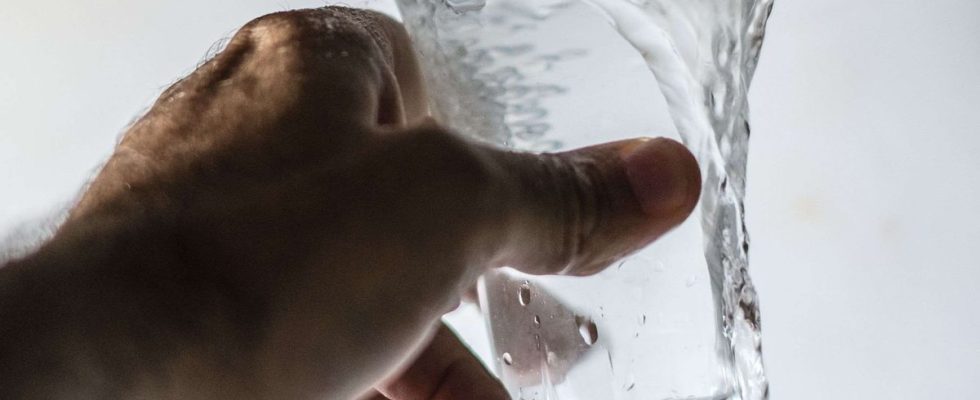New drought alert in sight. On the occasion of World Water Day, Wednesday, the environmental group of the North department sounded the alarm about the hydrological situation: the North experienced one of the driest months of February ever recorded. since the beginning of the measurements in 1959. And the rains of March are far from compensating. As a result, the tension on water resources is likely to become very critical this year, especially in the Lille-Lens-Douai triangle, where the soil is highly artificial.
This is why elected environmentalists are encouraging the prefect of the North to set up a Territorial Project for Water Management (PTGE) in the Artois-Picardie basin. Concretely, it is a question of “engaging all the users of this territory to achieve, over time, a balance between needs and available resources while respecting the proper functioning of aquatic ecosystems, anticipating and adapting to change. climate,” according to government instructions dated May 2019.
An 80% rainfall deficit
For the moment, the North does not have one, but the hydrological situation no longer gives much choice. A single number makes it possible to realize the situation. “In February, in Lille, only 8 mm of rain fell compared to the 50 mm expected, i.e. a deficit of 80%”, warns the elected environmentalists, in a press release. The most likely scenario, retained by Météo France, is a drier spring than normal.
At the end of February, the Minister for Ecological Transition even invited the prefects to “anticipate the measures necessary to preserve water resources and monitor drinking water issues”. That is to say if the situation is more than worrying. Especially since Météo-France also confirms that the recharge of underground water tables this winter has been modest. Which means, in common parlance, “insufficient”. It is therefore necessary to prepare for the lack of water and the restrictions, which have become recurrent from one year to the next.
A quick glance at the EauFrance website, the public water information service, confirms that “soil drought has tended to increase since the 1990s”. The phenomenon therefore seems inevitable. It remains to adapt. And among the proposals of the ecologists, some risk getting stuck: opposition to the creation of new roads, but also of water reservoirs (also called mega-basins) which privatize the resource for the benefit of intensive agricultural operations.
The water reservoirs in question
“A deliberation on the water policy must take place in June, at the departmental council, underlines a spokesperson for the environmental group. And we are afraid to see such water reservoir projects appear, which are a bad solution. In fact, two years ago, a study showed, for the first time, that the natural cycle of water – evaporation, condensation, precipitation, flow and return to the ocean, with its breaks to fill lakes and reservoirs – was precisely disrupted by this kind of initiative.
The northern prefecture, which was to present the first courses of action at the beginning of March, had to postpone the announcement to a date not yet known. Proof, if any, that the decisions that will be taken with regard to the various water users are likely to cause people to cringe. In 1974, he was almost fifty years old, during the presidential election campaign, René Dumont, dressed in his traditional red sweater, brandished a glass of water announcing “Do you know what is going to happen? Well, we will soon run out of water”. Did you say visionary? He was the first green candidate in France.

